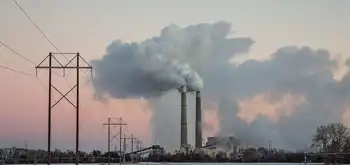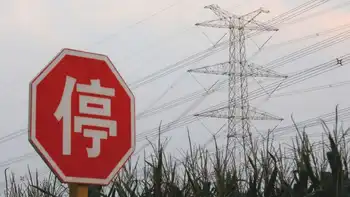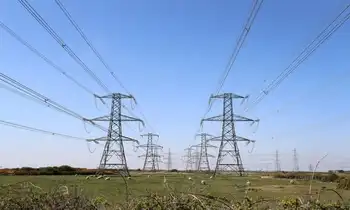Lithium market may bloom on receding oil
By The Independent
Protective Relay Training - Basic
Our customized live online or in‑person group training can be delivered to your staff at your location.

- Live Online
- 12 hours Instructor-led
- Group Training Available
U.S. geologists released the results of a survey showing around a trillion dollars worth of minerals in Afghanistan, which could make the war-ravaged state "the Saudi Arabia of lithium", according to a Pentagon memo.
But mining and technology firms have long been looking at lithium through eyes lit with dollar signs.
Lithium-based batteries are used in everything from mobile phones and laptops, to iPods and iPads, as well as military and medical hardware. They have even made their way into the human body, powering pacemakers.
But the main reason companies are betting on lithium is the projected explosion in the number of electric and hybrid electric vehicles.
Nissan, Honda and Toyota are among carmakers now gambling that electric vehicles, with their zero tailpipe emissions, will catch on and start to drive traditional gas-guzzlers off the road.
All will need batteries. Lots of batteries.
Lithium-ion rechargeable batteries, and potentially new batteries such as lithium-air, are seen as the best option by many manufacturers over other battery types as they are lightweight and efficient, and can hold more power.
Subbu Bettadapura, Malaysia-based associate director of energy research company Frost and Sullivan, says the battery market is set to grow massively.
The lithium-ion battery market for electric and hybrid vehicles is, he says, conservatively estimated to be set to grow from 2,400 units in 2008 to 1.53 million units by 2015.
"The tide is definitely going out on oil, in the long run," he told AFP. "The world's dependence on oil will decline and will be replaced by other fuels, such as lithium-ion batteries."
The US, the world's second biggest polluter after China, clearly agrees.
President Barack Obama has said he wants a million hybrid electric cars on America's roads by 2015.
And, at a groundbreaking ceremony for a new lithium-ion battery plant on Monday, Vice President Joe Biden said such factories could reduce US dependence on foreign oil and prevent disasters like the Deepwater Horizon oil leak in the Gulf of Mexico.
"This is the beginning of a revolution in the production of energy in the country," said Biden at the ceremony for Dow Kokam's plant in Midland, Michigan, which will make batteries for 60,000 electric vehicles a year.
Japanese, Chinese and South Korean manufacturers dominate the lithium-ion battery market, and Asia-Pacific lithium mining projects are coming thick and fast.
Australian mining firm Orocobre signed a deal in January with the raw materials arm of motor giant Toyota for a lithium project in Argentina.
This month, a South Korean consortium launched a lithium exploration joint-project with a Canadian mining firm, also in Argentina. There are several other deals either signed or in the pipeline.
Galaxy Resources, an Australian mining and chemicals company, will soon commission the world's second largest spodumene — a source of raw lithium – mine in Western Australia, to be processed at its plant in China.
Oil may have had its day, says Anand Seth, Galaxy's marketing chief, but it will be around for a long time yet.
"Is it the end of oil? I wish!" he told AFP. "But it is not so simple and probably not in our lifetime.
"The lithium batteries for electric vehicles are very much in the nascent stage and the infrastructure to charge these batteries needs to be developed and installed.
"The next five years will be critical in establishing such infrastructure for recharging the batteries and the technology and standardization of batteries is also very important."











